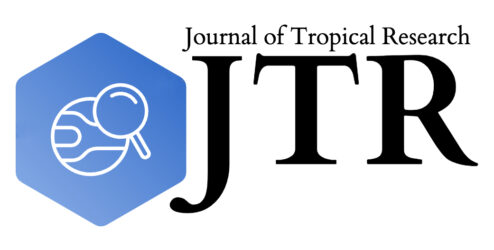Frequently Asked
Questions
What are accepted languages on the Journal of Tropical Research
JTR requires manuscripts submitted to meet international English language standards to be considered for publication.
For authors who would like their manuscript to receive language editing or proofreading to improve the clarity of the manuscript and help highlight their research, we recommend the language-editing services provided by the following external partners.
Note that sending your manuscript for language editing does not imply or guarantee that it will be accepted for publication by the JTR. Editorial decisions on the scientific content of a manuscript are independent of whether it has received language editing or proofreading by our partner services or other services.
How do I submit a manuscript?
- Login to our website at https://www.thejtr.org/ with your account.
- Once logged in, click on "submission" at the top menu of the page, then click on "make a new submission".
What is the peer review process at JTR?
The peer review process at JTR involves a thorough and constructive evaluation of submitted work by experts in the field. The process is designed to be strict, equitable, productive, responsible, and open to ensure high-quality and valid research publications.
Who are involved in the peer review process at JTR?
The process involves authors, reviewers, and editors. Reviewers and editors are selected based on their expertise and experience in the relevant field. They are responsible for evaluating the scientific rigor, quality, and validity of the manuscripts.
What are the key principles of the peer review process at JTR?
The key principles include collaboration, objectivity, meticulousness, transparency, and efficiency. These principles ensure that the peer review process is thorough, fair, and constructive
What are the criteria for manuscript acceptance at JTR?
Manuscripts must have a strong theoretical foundation, use honest and open research practices, and adhere to ethical guidelines. They must also be thoroughly researched and referenced, with rigorous methodology and sufficient data to support the findings
What can lead to the rejection of a manuscript at JTR?
Manuscripts can be rejected for various reasons including lack of a sound research question or hypothesis, methodological errors, plagiarism, poor language and presentation, ethical violations, and dishonest practices such as data fabrication or image manipulation
How does JTR ensure the quality of the peer review process?
JTR maintains high-quality peer review standards by involving experts with relevant expertise, ensuring objectivity, and conducting final editorial checks. Reviewers are required to provide constructive feedback and adhere to ethical publishing practices
What is expected from authors during the peer review process?
Authors are expected to engage with the process, respond promptly to queries, behave professionally, and use respectful language in their communications. Failure to do so can result in manuscript rejection
How does the collaborative review forum work at JTR?
The collaborative review forum facilitates direct online conversations among authors, reviewers, and handling editors. This setup allows for consensus building and rapid iterations to improve the manuscript efficiently
How does JTR maintain transparency in the peer review process?
Reviewers' identities are kept confidential during the review period. Once a manuscript is accepted, the names of the approving reviewers and the handling editor are displayed on the published paper, ensuring accountability and recognition for their work



